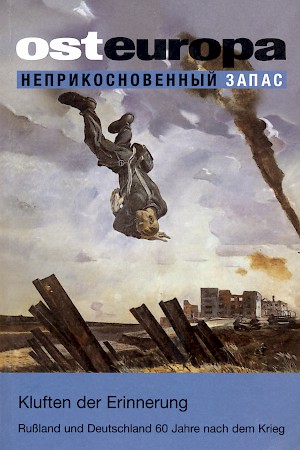Ricorda cosa ti hanno fatto in Auschwitz:
Music against war and violence
Deutsche Fassung
Abstract
In European musical history, there was for a long time a consensus about how lamentation and sadness should sound. After the millions of deaths and the scale of the destruction that resulted from Nazi policies and World War II, Western composers started to use a different musical language: atonality and twelve-tone music. They see this language as having more integrity, because it was considered “degenerate” by the Nazis. In the works of Luigi Dallapiccola, Arnold Schönberg, Karl Amadeus Hartmann, and Luigi Nono, as well as those of Dmitrii Shostakovich, who composed in a different way, one can hear how music functions to store memories and becomes a place of individual, collective, and transnational memory.
(Osteuropa 4-6/2005, pp. 281–307)
Read this article's international version:
Ricorda cosa ti hanno fatto in Auschwitz



